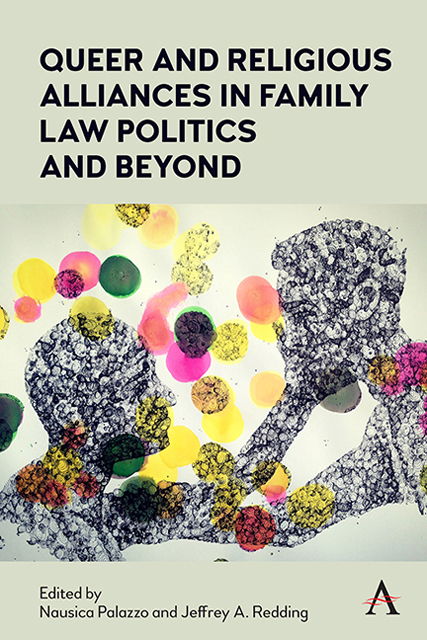Chapter 5 - ‘Ohana as a Way of Life: Queer Friendship in the Mediterranean Regime
Published online by Cambridge University Press: 09 December 2022
Summary
There is increasing awareness that “connectedness operates in more ways than simply through conjugality, sexual intimacy, and blood.” Yet, lesbian, gay, bisexual, trans, and queer (LGBTQ) friendship as a source of emotional and material support continues to be overlooked. This can be attributed to the fact that LGBTQ friendship radically subverts traditional bonds “through resistance to regimes of the normal.” It does not fit the boxes of what I refer to as traditional institutionalized relationships or, in other words, family, kinship, and the compulsory couple. Eleanor Wilkinson argues for the concept of compulsory coupledom drawing from the famous notion of compulsory heterosexuality described by Adrienne Rich. In the same line, Leo Acquistapace describes the compulsory couple as normative (two people who satisfy each other's needs), compulsory (the appropriate adult lifestyle taught since childhood), teleological (aimed at the social and economic reproduction of the nuclear family), and privileged (granting access to privileges only to those conforming to this model).
Cheshire Calhoun explains how LGBTQ people pose a threat to the heterosexual nuclear family. “[T]he construction of gays and lesbians as family outlaws,” she argues, “had the central purpose of allaying anxieties about the potential failure of the heterosexual nuclear family.” Frederik Swennen additionally notes that “the qualification of a union as a family depends on its institution as a conjugal couple, i.e. being cumulatively domestic, dyadic and sexual.” Mark Vernon further notes how friendship is viewed as a subversive practice able to challenge narrow notions of family. Friendship thus challenges the most normative aspects of the conjugal paradigm in being nomadic, polyadic, and platonic. Indeed, the combination of the two terms—LGBTQ and friendship—constitutes a dangerous mix and a threat to current systems of normativity. This is why LGBTQ friendship is invisible in our social and legal frameworks.
In this chapter, I shed light on how queer friendship is an important mode of sharing and redistributing goods between more than two people in a context of precarious conditions of work, housing, and life within a Mediterranean regime of welfare. Moreover, extended networks of LGBTQ friends can constitute a ground on which a potential convergence of interests between queer collectives and religious groups may occur, since they both advance claims grounded in solidarity and redistribution.
- Type
- Chapter
- Information
- Publisher: Anthem PressPrint publication year: 2022

